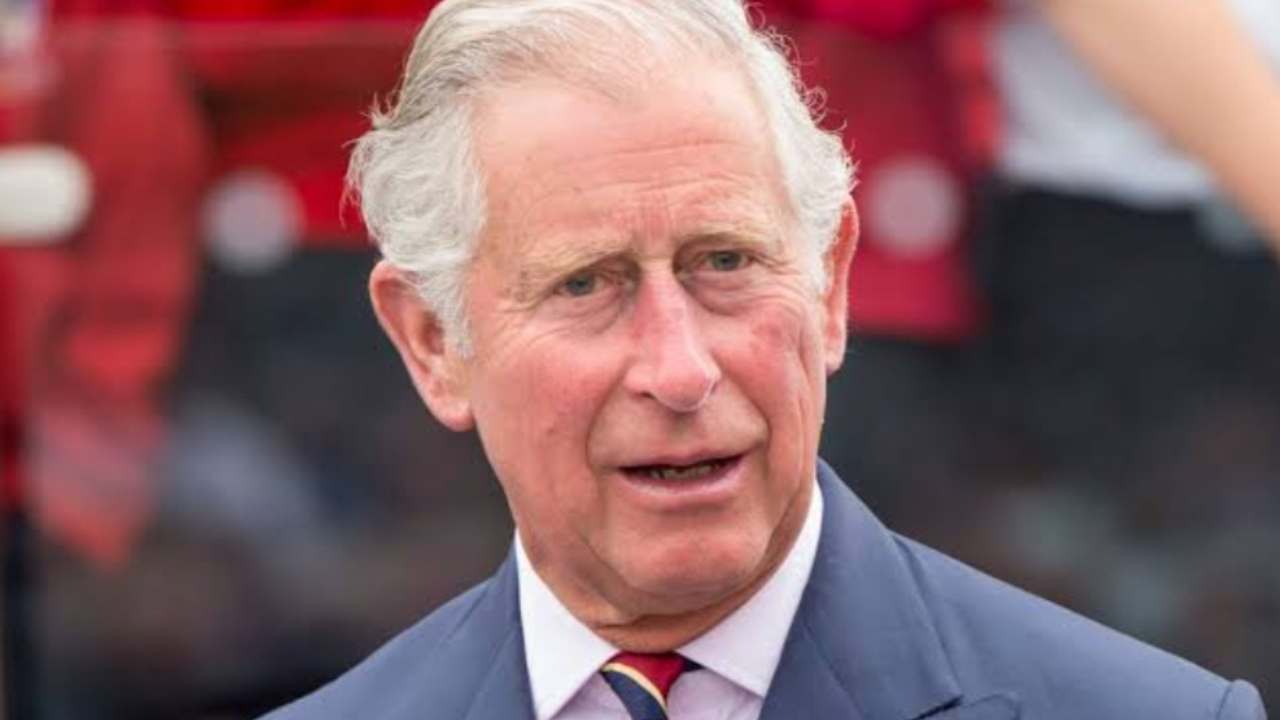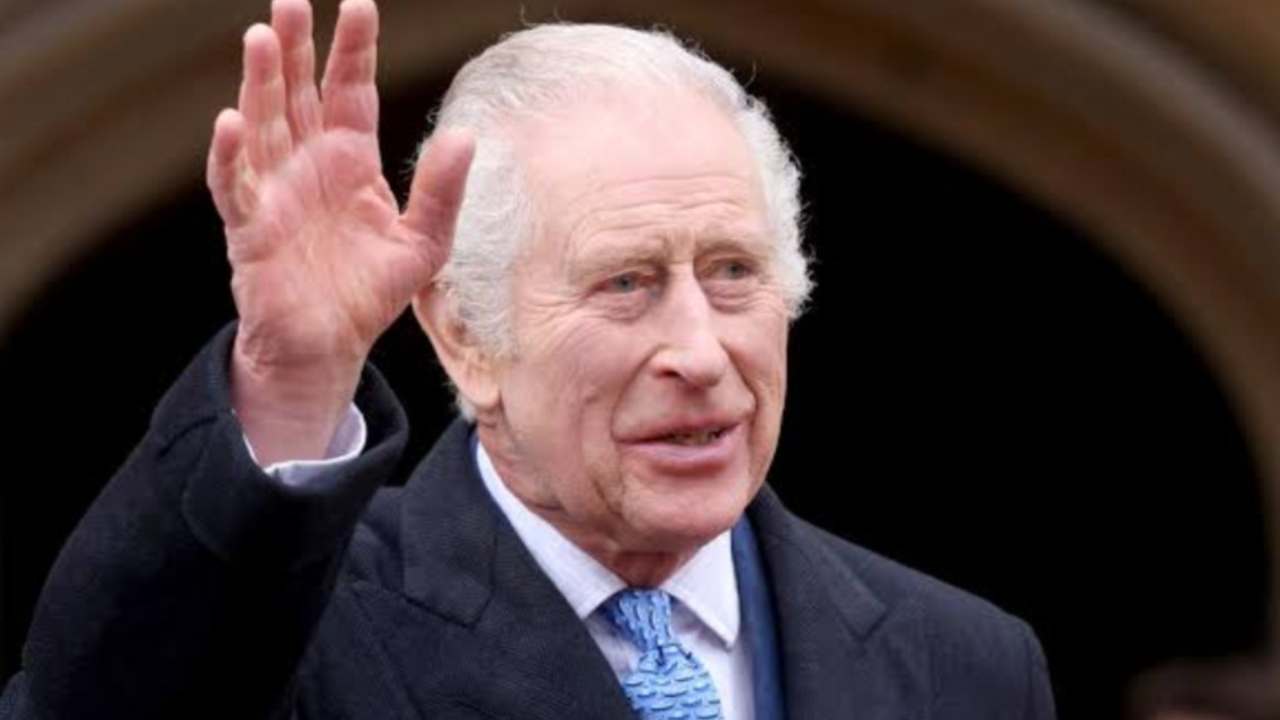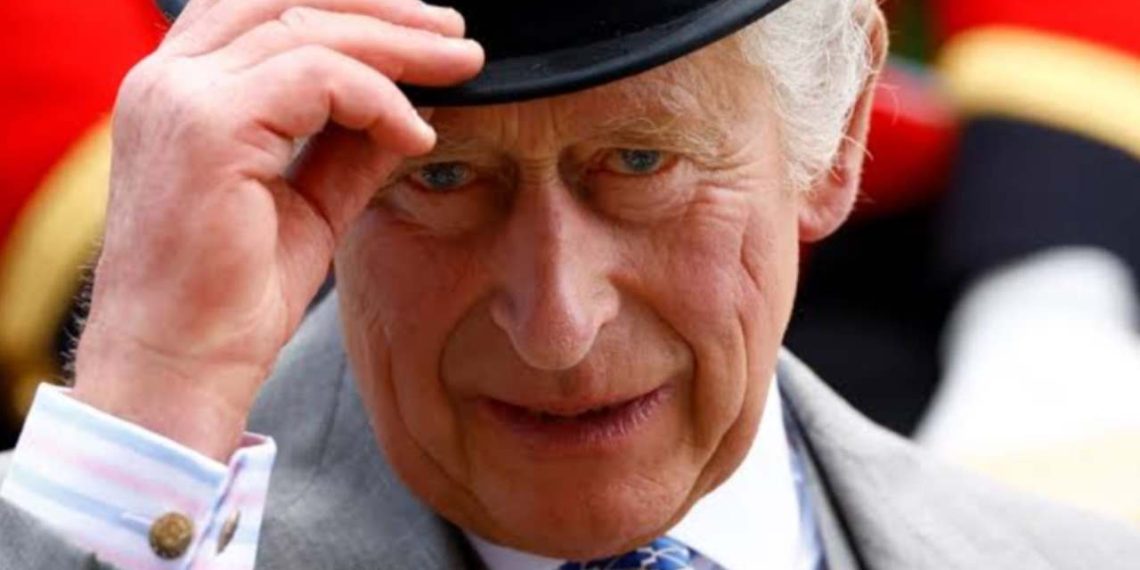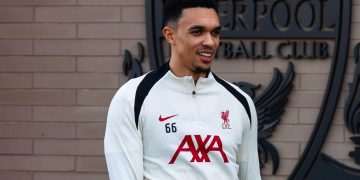It’s good to hear that King Charles III is feeling well enough to resume some public duties. His upcoming visit to the cancer treatment center shows his dedication to raising awareness and supporting those affected by the disease.
Hosting the state visit by the emperor and empress of Japan will undoubtedly be a significant event as well.
Charles will commemorate the milestone by visiting a cancer treatment center on Tuesday, the initial of numerous public appearances he will undertake in the forthcoming weeks, according to the palace.

One of his primary engagements will be to host a state visit by the emperor and empress of Japan in June.
The palace mentioned that the king’s medical team is “very encouraged” by his progress, although it is premature to determine the duration of his treatment.
Specifics regarding the type of treatment he is undergoing were not disclosed.
The palace affirmed that Charles will persist in fulfilling all of his state obligations, which include scrutinizing government documents and holding discussions with Prime Minister Rishi Sunak, as he has been doing since his diagnosis was revealed on February 5th.
“As the first anniversary of the coronation approaches, their majesties remain deeply grateful for the many kindnesses and good wishes they have received from around the world throughout the joys and challenges of the past year,’’ the palace said in a statement.
Charles’ return will alleviate the strain on other members of the royal family following the absence of both the king and the Princess of Wales, who are both dealing with illnesses.
This highlighted the difficulties faced by a scaled-down monarchy.
In the midst of the king’s efforts to reduce expenditures and the Duke and Duchess of Sussex’s decision to step back from royal duties, there are fewer family members available to fulfill the multitude of ceremonial obligations typical of modern royalty.
Charles has been mostly out of public view since receiving treatment for an enlarged prostate in January. His subsequent cancer diagnosis coincided with the Princess of Wales, one of the most beloved royals, undergoing abdominal surgery and revealing her own battle with cancer.
Prince William took time off to support his wife and children, leaving Queen Camilla, the king’s sister Princess Anne, and his younger brother, Prince Edward, to carry much of the workload.
Camilla, once ostracized by the public for her involvement in Charles’ divorce from Princess Diana, took on a significant role during the king’s absence, representing her husband at major events like the annual Royal Maundy service.
The king’s return presents an opportunity for him to rejuvenate his reign, which commenced in September 2022 with expectations of modernizing the monarchy and engaging with young people and minority communities to solidify the royal family’s relevance in the 21st century.
Charles faces the task of strengthening bonds with the Commonwealth and the 14 independent nations where the British monarch remains head of state, a reminder to some of Britain’s colonial past.
The king’s return holds significance as it will help dispel any speculation about his well-being, noted royal historian George Gross remarked, referencing an adage often attributed to Queen Elizabeth II:
“The monarch needs to be seen to be believed.”
“I think there is that feeling that it’s very difficult to have a functioning monarchy with the head of state away for any considerable length of time,’’ said Gross, founder of the British Coronations Project at King’s College London. “And this felt like a long time.”

The palace stated that Charles’ upcoming engagements will be adjusted as necessary to minimize any risks to his recovery.
He will not have a full summer schedule, and his participation will be decided closer to each event, taking into account advice from his medical team.
Typically, the summer months are bustling for the royals, featuring major events like the monarch’s birthday parade, Trooping the Colour, and the renowned horse races at Royal Ascot.
Fortunately, most of these events are held outdoors, reducing the risk of infection for a cancer patient whose immune system may be compromised.
Charles’ return will likely be met with enthusiasm from the public, in part because he chose to share information about his initial prostate issue and subsequent cancer diagnosis. This encouraged many individuals to seek medical advice, observed Gross.
“The monarch has seen that he can do good by discussing health and raising the awareness of cancer,” he told.
“I think that that’s at the top end of this. And that’s a very special thing when a head of state can do good. That’s immense.”














